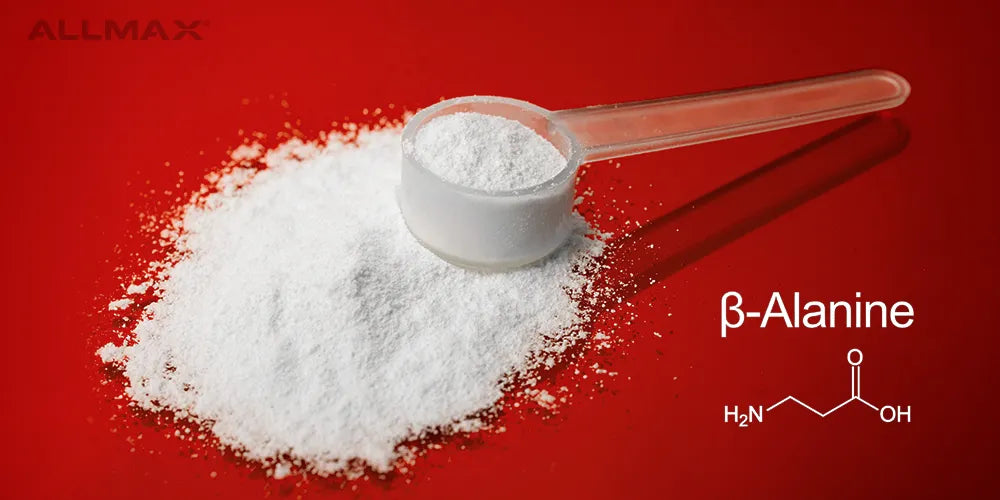Creatine vs BCAAs: Which Pre-Workout Supplement Boosts Your Performance?
If you're trying to decide whether Creatine or BCAAs is better before your workout, you're not alone. Both supplements are extremely popular among athletes, bodybuilders, and fitness enthusiasts — yet they serve different purposes and offer unique results.
Rather than picking one “winner,” this article breaks down the benefits, drawbacks, dosages, and ideal use cases for each supplement so you can choose what aligns best with your training goals.
You'll also learn whether stacking both can maximize your performance.

Creatine vs BCAAs: Which Pre-Workout Supplement Boosts Your Performance?
Creatine is a naturally occurring amino acid stored in your muscles and brain. Its primary role is boosting ATP (energy) production, which improves:
- Strength
- Power output
- Muscle recovery
- High-intensity performance
This is why creatine is favored for explosive training, such as sprinting, heavy lifting, HIIT, and bodybuilding.
Natural sources: red meat, fish, seafood.
How Often Should You Take Creatine?
Creatine works best when taken regularly, not just before workouts.
Recommended Dosage
Option 1: Daily Use (No Loading)
- 3–5 g per day
- Gradually saturates muscles over 3–4 weeks
Option 2: Loading Phase
- 20 g per day, split into four 5 g doses
- Continue for 5–7 days
- Then maintain with 3–5 g daily
Pro tip: Increase water intake to prevent dehydration.
Creatine Side Effects
Creatine is one of the most researched and safest supplements available.
However, a few individuals may experience:
- Upset stomach
- Bloating or cramps
- Dizziness
Avoid creatine if you have kidney disease, liver disease, or high blood pressure. Always consult a healthcare professional when in doubt.
What Are BCAAs? (Branched-Chain Amino Acids)
BCAAs include leucine, isoleucine, and valine, three essential amino acids that play a key role in:
- Muscle protein synthesis
- Muscle recovery
- Reducing soreness
- Preserving lean muscle mass
Unlike whole food proteins, BCAAs aren’t complete proteins, meaning they do not include all nine essential amino acids. Still, they offer targeted benefits, especially for athletes training intensely or fasted.
How Often Should You Take BCAAs?
BCAAs are safe and effective when taken around your workouts.
Recommended Dosage
- 5–20 g daily
- Best taken pre-workout or during training
- Can also be taken throughout the day to support recovery
BCAAs are affordable, fast-digesting, and highly convenient.
BCAA Side Effects
Most people tolerate BCAAs well.
Rare side effects include:
- Muscle spasms
- Stomach cramps
- Dizziness
As with any supplement, discontinue use if side effects occur and consult a medical professional.
Creatine vs BCAAs: Which Is Better?
The ideal choice depends entirely on your training style and fitness goals.
Choose Creatine if you want:
- Explosive power
- Strength gains
- Muscle fullness
- Better performance in heavy lifting
Choose BCAAs if you want:
- Reduced muscle soreness
- Faster recovery
- Less muscle breakdown during long workouts
- Improved endurance

Can You Take Creatine and BCAAs Together?
Yes — and it can be incredibly effective.
Creatine increases power and strength, while BCAAs support recovery and endurance. Stacking them pre-workout can enhance:
- Strength
- Speed
- Recovery
- Muscle growth
- Training volume
- Overall performance
For 20+ years, Allmax has offered professional-grade Creatine and BCAA supplements trusted by athletes worldwide. You can explore their complete range of pre- and post-workout products — including Isoflex Protein, weight gainers, fat burners, and essential vitamins — on allmaxnutrition.com.



